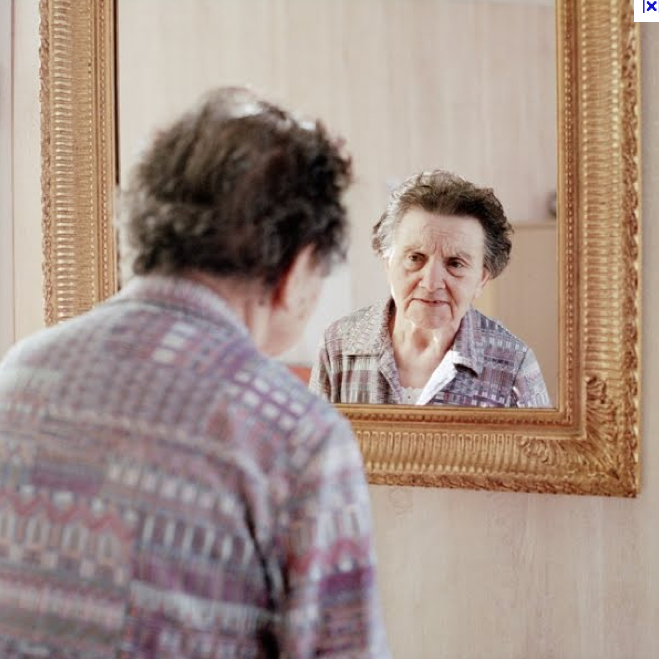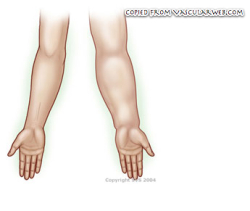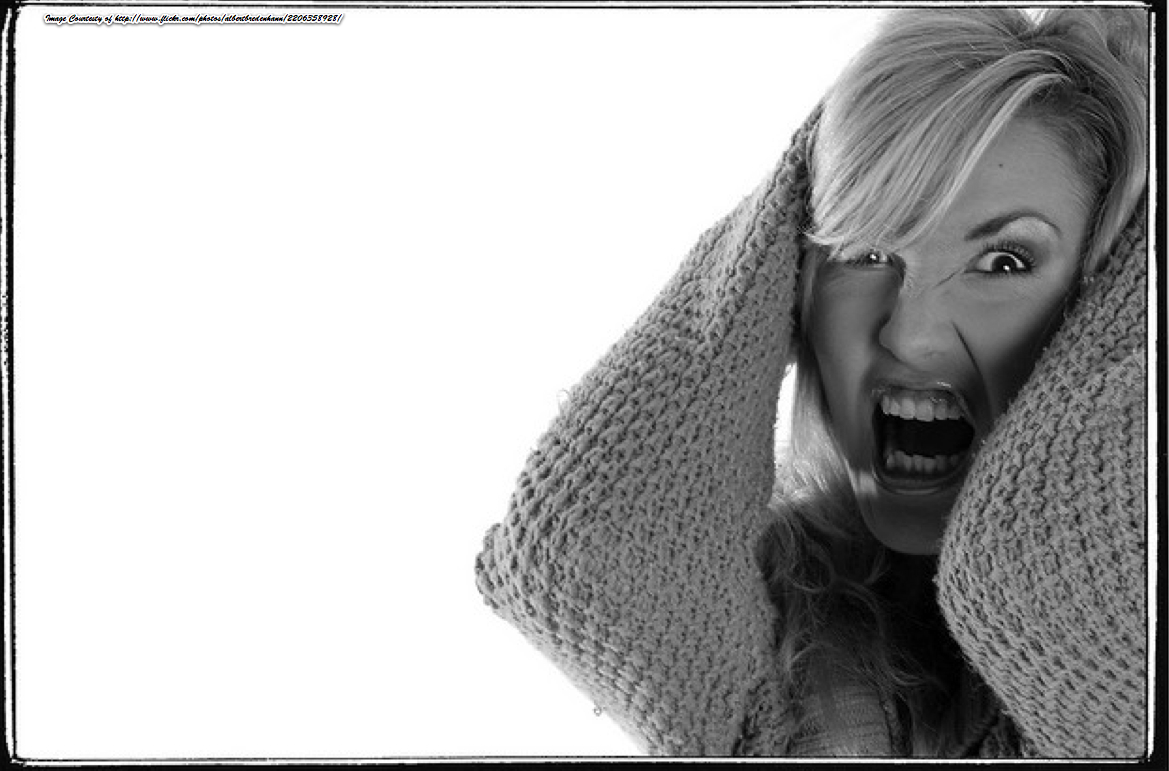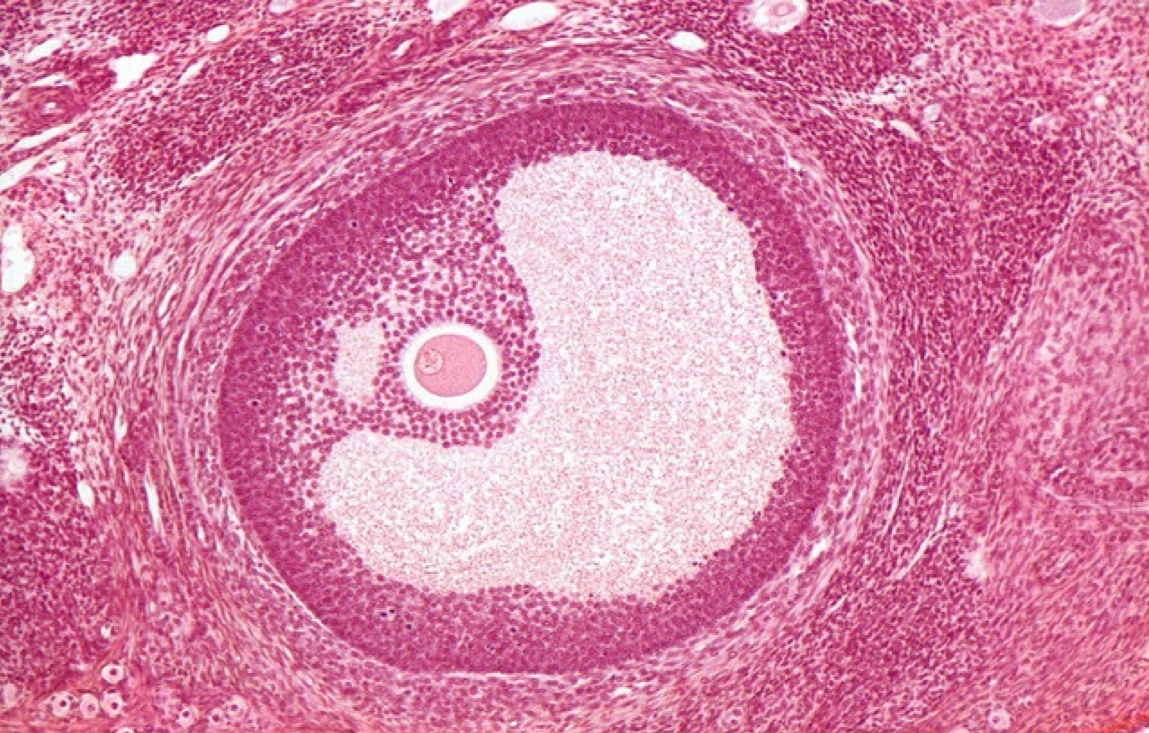Chinese Medicine Has Potent Treatments for Dementia
 Tuesday, October 18, 2011 at 10:10AM
Tuesday, October 18, 2011 at 10:10AM While acupuncture and Chinese medicine are frequently used to treat dementia in many parts of the world, the practice is not as frequently used in the United States as it should be. At the Northside Holistic Center we often treat dementia stemming from a variety of causes. The results can often be very gratifying.
Research/Articles
This article from the Taiwan News describes research into one of the herbs, Tian Ma that we frequently use in practice. The article, which can be read here, says:
...studies conducted by the Taiwanese institution have shown that tianma can be effective in curbing the effects of diseases ranging from dementia to spino-cerebellar atrophy, Huntington’s Disease and other ailments of the cerebral and nervous system. Research has shown that tianma can slow or reduce the effects of these diseases but so far it has not been established whether it can actually cure the diseases themselves.
 http://zorgenvoormijnmoeder.blogspot.com
http://zorgenvoormijnmoeder.blogspot.com
While it is true that we treat dementia with some moderate success and that Tian Ma may be one of the herbs that would be included in a formula and acupuncture protocol for this type of complaint, it would never be true that we would use one ingredient alone for such a purpose. Still, it for the purpose of research, it is useful to have yet another item in our toolbox validated by Western methods.
Another interesting reductionist, yet fascinating, study is one published by Japanese researchers and viewable here, looks at the effect of one acupuncture point that we might choose to treat cognitive issues. Again, this point would not be used on it's own, but only in the larger context of a treatment protocol. The study suggests that acupuncture enhances blood flow to the brain without altering the overall blood pressure in the region, a highly desirable goal.
Scientists measured the effects of acupuncture at [acupoint] DU-20 on blood flow velocities in the middle cerebral artery (MCA) and anterior cerebral artery (ACA), in 10 healthy male subjects. Mean MCA and ACA blood flow velocities at rest increased significantly after DU-20 acupuncture treatment, whereas mean arterial blood pressure and pulse rate at rest did not change significantly.
Another study which looked at the herbal aspect of what acupuncturists do for people with dementia, looks at one of the many formula which we may use for patients who come to us for Alzheimer's disease. This study, published in Neuroscience Letters (and readable here) found that,
Treatment with the Chinese herbal formula Fuzhisan (FZS) may have a positive effect on cognition, behavioral functions, and cerebral glucose metabolism in patients with mild-to-moderate Alzheimer's disease
Twenty-two subjects were randomly assigned to receive FZS or placebo for 12 weeks. Positron emission tomography (PET) was used to study the regional cerebral metabolic rate of glucose consumption (rCMRglc) at baseline and week 12. Compared with placebo, FZS significantly improved cognitive and behavioural scores at week 12. In addition, FZS treatment favorably improved rCMRglc in the bilateral temporal and parietal cortices, hippocampus and posterior cingulate gyrus.
Two recent studies, which can be read about here, finds further evidence that acupuncture is very useful in the treatment of vascular dementia – the type most commonly linked to strokes. The first concluded that,
. . . that acupuncture is effective in improving cognition . . . [and] observed that acupuncture measurably reduced levels of 8-OHdG, a marker of oxidative damage. As a result, the researchers conclude “that acupuncture is beneficial at least in part by preventing oxidative damage.”
The second study compared two different acupuncture protocols to one another. These two types, termed 'scalp acupuncture' and 'body acupuncture' were both found to be very useful in treating vascular dementia but,
The scalp acupuncture group showed significantly greater improvements in cognition than the body-style acupuncture group. Social behavior scores and ADL (Activities of Daily Living) improved significantly in both groups. The researchers concluded that scalp acupuncture significantly improves cognition, activities of daily living, TCM (Traditional Chinese Medicine) signs and symptoms, mental state and social behavior in patients with vascular dementia.
 Alzheimers,
Alzheimers,  Huntington's,
Huntington's,  Stroke,
Stroke,  acupuncture,
acupuncture,  dementia,
dementia,  herbal medicine,
herbal medicine,  senility in
senility in  Disorders
Disorders 


